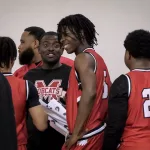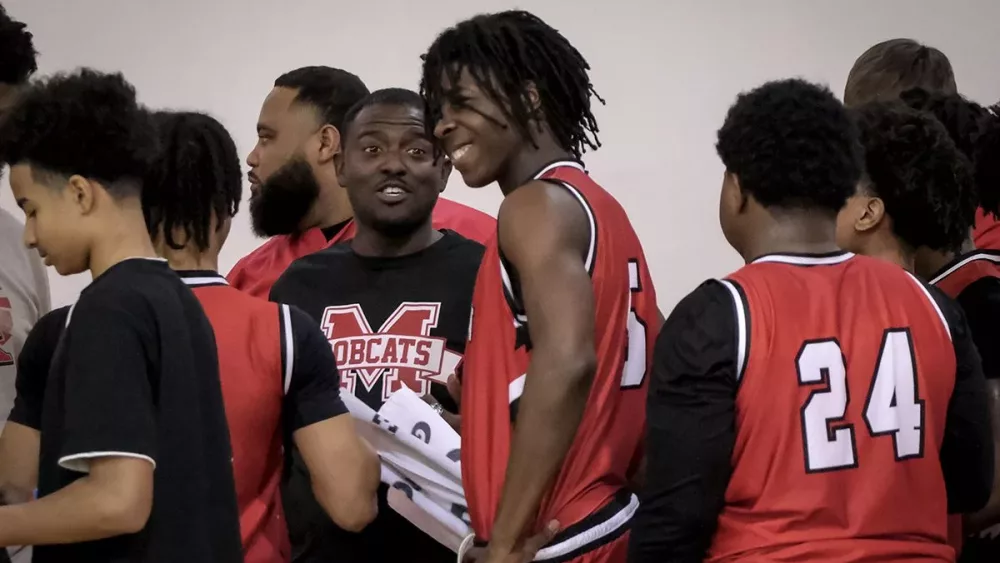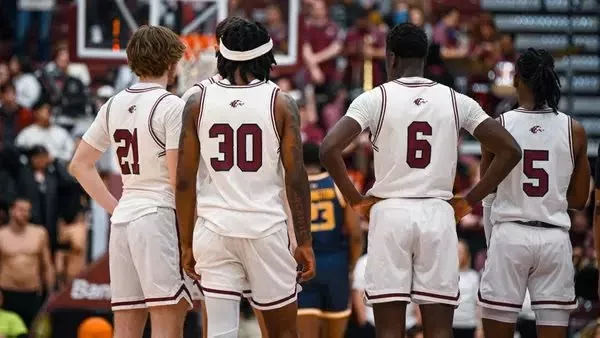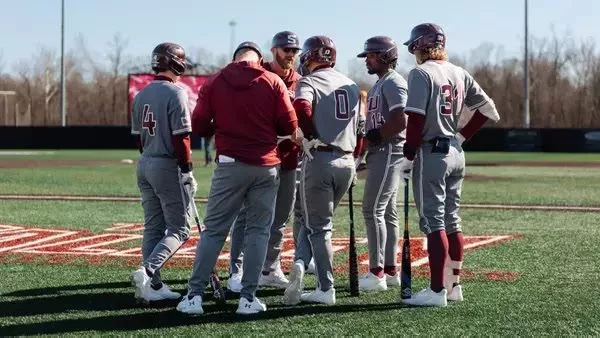CARBONDALE, Ill. – Southern Illinois University softball associate head coach Jen Sewell has been selected as the recipient of the Missouri Valley Conference’s Most Courageous Award, the league announced Monday. Sewell will be presented with the award at a later date during SIU’s softball season.
The MVC presents the award to past or present student-athletes, coaches or university administrators who demonstrate unusual courage in the face of personal illness, adversity or tragedy and whose behavior reflects honor on the institution or the Conference.
A Tulsa, Okla. native, Sewell was diagnosed with primary sclerosing cholangitis (PSC) in 2011. Prior to her diagnosis in 2011, she had dealt with the symptoms of the disease for years — thinking it was the stomach flu or food poisoning — without knowing the real cause. A trip to the emergency room during a tournament at the University of South Florida changed all that, as doctors finally identified her ailment. Previously, she had often been told she needed to simply change her diet or eat more fiber.
PSC is a chronic disease that slowly damages the bile ducts. In patients with PSC, the bile ducts become blocked due to inflammation and scarring, which causes bile to accumulate in the liver, where it gradually damages liver cells and causes cirrhosis. As the cirrhosis progresses, the liver loses its ability to function and gradually deteriorates until the need for a transplant arises. The disease has no cure, and is often associated with Walter Payton, the Chicago Bears’ Hall of Fame running back, who succumbed to the illness in 1999.
Once the initial shock of the diagnosis wore off, Sewell made a strategy for living her best life with PSC. She continued to work on her master’s degree while also coaching and even found the time and energy to compete as a CrossFit athlete.
“Four MRCP’s, nine ERCP procedures, five colonoscopies, three EGD scopes, five total stents, probably 10 total bouts of cholangitis and hundreds of blood draws later,” Sewell said. “It’s about just being physically and mentally tough. Getting to coach and making it to the field is the goal, so it takes what it takes to get on that field.”
Her positive outlook intact, Sewell has learned to find the silver lining of living with PSC especially during the ongoing COVID-19 pandemic.
“I feel like those of us who are chronically ill are built for a virus like COVID,” Sewell said. “The routine and the discipline is already there- wash your hands, avoid crowds, rest, eat well and take our meds. Everyone in my bubble knows I’m a germaphobe already. I take no chances and I have even flown masked during flu season prior to COVID.”
As the 2020 softball season got underway, Sewell knew once again something was amiss in regard to her health. From August 2019 to March 2020, Sewell found herself in a battle with the Epstein-Barr Virus (EBV), which is causatively linked with PSC. She suffered from fevers, liver area pain not to mention muscle and join pain, amongst her many flu-like symptoms. On a particularly exhausting road trip to South Carolina during the opening weekend of the 2020 season, the Tulsa, Okla. native could barely move but was no less determined to coach.
“We flew to South Carolina in March I was barely upright that Sunday and told Kerri (Blaylock)- ‘just get me to the game. I’m good if I can just get to the game.”
The Salukis got on a roll as the season progressed, winning 15-straight before the season abruptly ended. While Sewell was no doubt disappointed that Southern was unable to battle for a Missouri Valley Conference championship and a return trip to the NCAA Tournament, she continues to find the positives within the cancellation as it relates to her illness.
“COVID was selfishly a blessing,” Sewell said. “I was able to spend the time to get a correct diagnosis and get the rest I needed to recover from EBV. I was heartbroken for our team because I think COVID probably cost us a championship and another NCAA bid. But I didn’t miss the blessing of a full recovery.”
Making sure she is able to work hard on the field requires hard work behind the scenes. It is not uncommon to see Sewell slip off during a game to have a snack or take her medicine. She always keeps a “PSC survival pack” nearby, consisting of antibiotics, pain medicines, water, electrolytes, protein and extra food. Sewell has made PSC part of her game-day routine, and that’s helped her manage all her medical issues, to give her as normal a life as possible.
“It was a huge change in lifestyle – diet, better exercise, meds, appointments after appointments, and a lot of procedures,” Sewell said. “But I coached through it all and restarted my degree. Since then, I’ve accomplished so much. I got my master’s in Kinesiology, won a CrossFit competition, and coached through so many milestones here at SIU. Life went back to a new normal. The grind of softball season is great for that. There is no time to sit and feel sorry for ourselves.”
Back in 2011, doctors told her that she would most likely need a liver transplant in 5-7 years, but after nine years, she has yet to be added to the transplant list. Her Model for End-Stage Liver Disease (MELD) scores are still low enough where she doesn’t qualify for the list. In 2018, the Saluki softball team partnered with Midwest Transplant Services to help raise awareness for organ donations, and Sewell continues to preach “worrying about today.”
“I’m very big with our team on worrying about today,” Sewell said. “I have very little control over the progression of my disease, but for the most part I can deal with it and go hard today. We are a sum of our efforts on all the previous todays. Get going on the things that light you up on the inside. I want people to get the right message from just being around me.”
Sewell is the fourth Saluki to earn the award since 2001, as she joins Dan Callahan, Lance Irvin and Joel and Samantha Sambursky as recipients of the honor.










